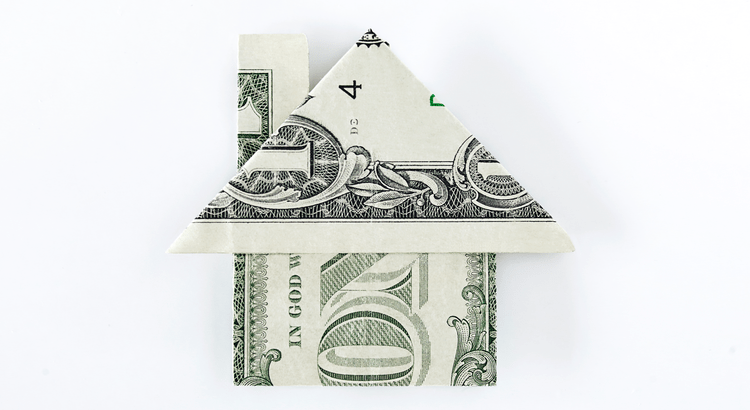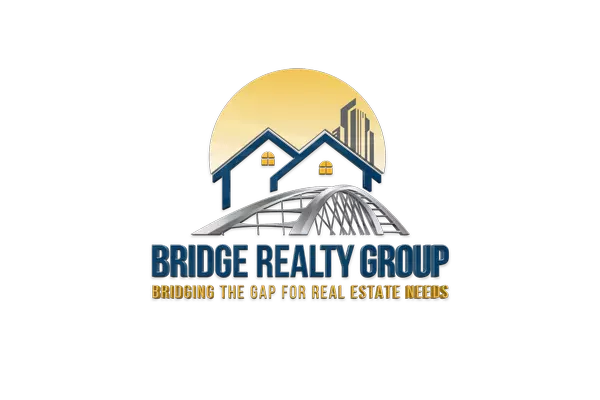Navigating the Real Estate Landscape of 2025: Key Trends and Insights
Navigating the Real Estate Landscape of 2025: Key Trends and Insights
In the bustling world of real estate, understanding current trends and anticipating future shifts are crucial for both investors and homebuyers. With a friendly yet professional tone, this blog post explores the latest movements in the real estate market and what they might mean for you.
Market Conditions and Predictions
As we look toward 2025, experts forecast a moderate rise in home prices, expected to increase between 1.3% and 3.5%. Today's average home value stands at approximately $355,328, reflecting a 2.7% increase from last year. Such positive growth indicators are essential for potential buyers and sellers as they strategize their investments and sales.
While there's good news regarding home prices, mortgage rates provide a somewhat more cautious outlook. Although the average 30-year mortgage rate has recently eased from an alarming 8% peak, it still hinders buyer demand. Consequently, this high rate environment has led to a drop in mortgage applications, suggesting that potential buyers are carefully weighing their financing options more than ever before.
Supply and Demand Dynamics
The U.S. housing market continues to grapple with a chronic supply deficit, evidenced by a shortage of around 3.8 million housing units. This persistent imbalance is a primary driver of ongoing price increases, putting pressure on both new buyers entering the market and existing homeowners looking to sell.
On a more optimistic note, the commercial real estate sector witnesses an encouraging resurgence. Forecasts suggest a significant uptick in mergers and acquisitions by 2025, driven by improving economic conditions and recovering public valuations.
Construction and Economic Indicators
The construction industry, a vital cog in the real estate machinery, is facing its own set of trials. Homebuilder sentiment has dropped to its lowest in five months, largely buoyed by concerns over tariffs which could potentially inflate construction costs, and by extension, housing prices.
From a broader economic perspective, retail sales showed a complex pattern; a 0.9% decrease in January, contrasted by a 4.2% annual growth. Such trends reveal changing consumer behaviors which could significantly affect demand for retail space, thus influencing future real estate strategies.
In summary, the real estate market of 2025 promises to be dynamic and full of opportunities despite its challenges. Whether you're considering purchasing a home, investing in commercial real estate, or simply staying informed, these insights serve as a valuable guide in navigating this ever-evolving landscape.
Stay informed, plan wisely, and make confident real estate decisions today.
Categories
Recent Posts




